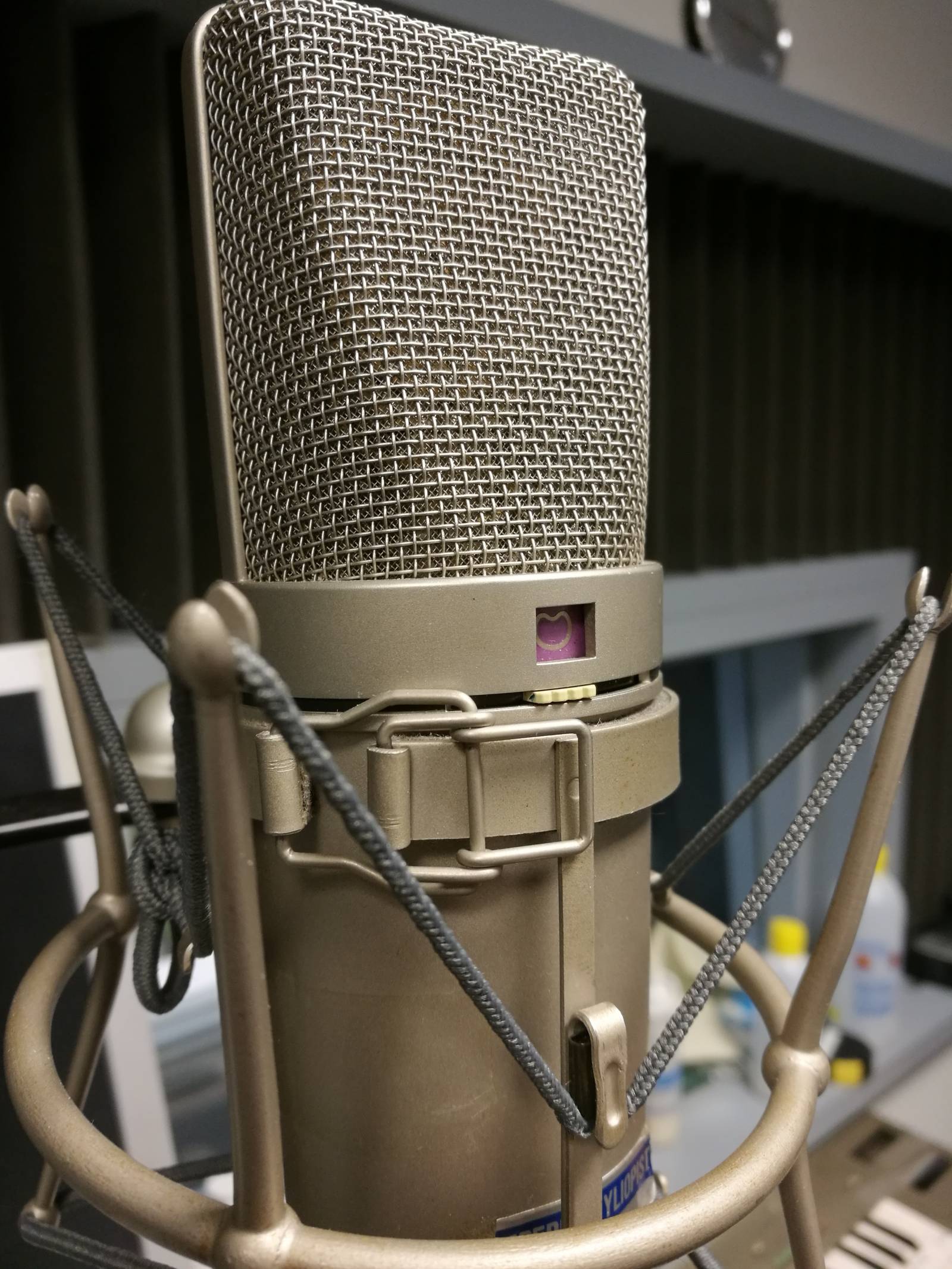The following courses are available in Finnish:
VOKPUHP1 – Basics in speech technique and vocology
VOKPUHP2 – Analysis and training of voice
VOKPUHS6 – Puhe ja ääni tieteellisen tutkimuksen kohteena
FONEP0 – Introduction to Phonetics and Linguistics
FONEP2 – Descriptive and Contrastive Phonetics
FONEA1 – History and Theory of Phonetics
FONEA2 – Speech Prosody and Coarticulation
Vocology and speech technique
Speech technique and vocology is a great minor subject for studies in a wide range of disciplines, for example, for students studying in various fields, for radio or TV journalists, and for speech-specialized speech therapy students. It provides the basis for speech and sound research. It is also suitable, for example, for in-service training for vocal pedagogues and speech therapists as well as for various speech professionals.
An overview of the subject of Vocology
Speech Technique and Vocology (= Human Voice Research and Exercise) is a rare subject that resides on the intersection of art and science. It combines practical speech and sound practice and multidisciplinary research. It explores and teaches, practically and in practice, speech and sound, and their practice for various purposes.
It is possible to study speech technique and vocology in Finland only at the University of Tampere.
The subject examines the cultural spectrum of speech and speech and vocal sound by physiology, acoustics, perceptual analysis and physiology of sound production. It explores differences between cultures that are relevant to the success of communications, such as evaluating communication from an acoustic efficiency and body well-being perspective, how different voice modes utilize the capacity of the audio production system, and how to maximize the use of capacity through various exercises to benefit everyone’s own communication, expression and well-being. and, if necessary, also provide capability for demanding voice and audio missions.
The aim of the study program in speech technique and vocology is that after completing the studies, the student will be familiar with the principles, goals and methods of practice of speech and sound, be attentive to the practice of speech and sound by research, can develop their own voice and expression according to the requirements of different speech mats, know acoustic, instrumental and perceptual methods of speech research. and their application, for example, to verifying the effects of sound performance on accountability, and is able to act as a voice educator.
Teachers of speech technique and voice use are needed in coaching for speech professions (for example, one of the lecturers of speech technique at the University of Applied Sciences, Laura Sipilä, is a master of speech and vocology from Tampere, and another, Tuuli Nilsson, is our postgraduate student and has a teacher of speech technology in the USA).
The study of speech technique has been found to have an effect on the prevention of sound disturbances (eg Ilomäki et al. Logopedics Phoniatrics Vocology 30, 2005; Ohlsson et al. Journal of Voice 26 (5), 2012). Sound disturbances, on the other hand, are a major societal problem affecting about 17% of the total population (Ohlsson et al., Journal of Voice 2018 in press);
General description of the subject of phonetics
Phonetics examines the spoken language, the structure and function of its voice system, the formation of acoustics, and generally the speech and acoustic features, as well as the reception of speech, mainly from the perspective of linguistic communication. The subject of research can be as good as a native language as any foreign language. Foreign language learning and teaching have also traditionally been a key area. Phonetics provides the necessary theoretical and practical information for those who work with the spoken language – especially those who intend to become language teachers and researchers.
Of the many other humanistic subjects, phonetics differs in that laboratory work and experimental research play a significant role in it. The University of Tampere Laboratory of Phonetics offers quite good prerequisites for research and teaching with its computer-based analysis methods.

